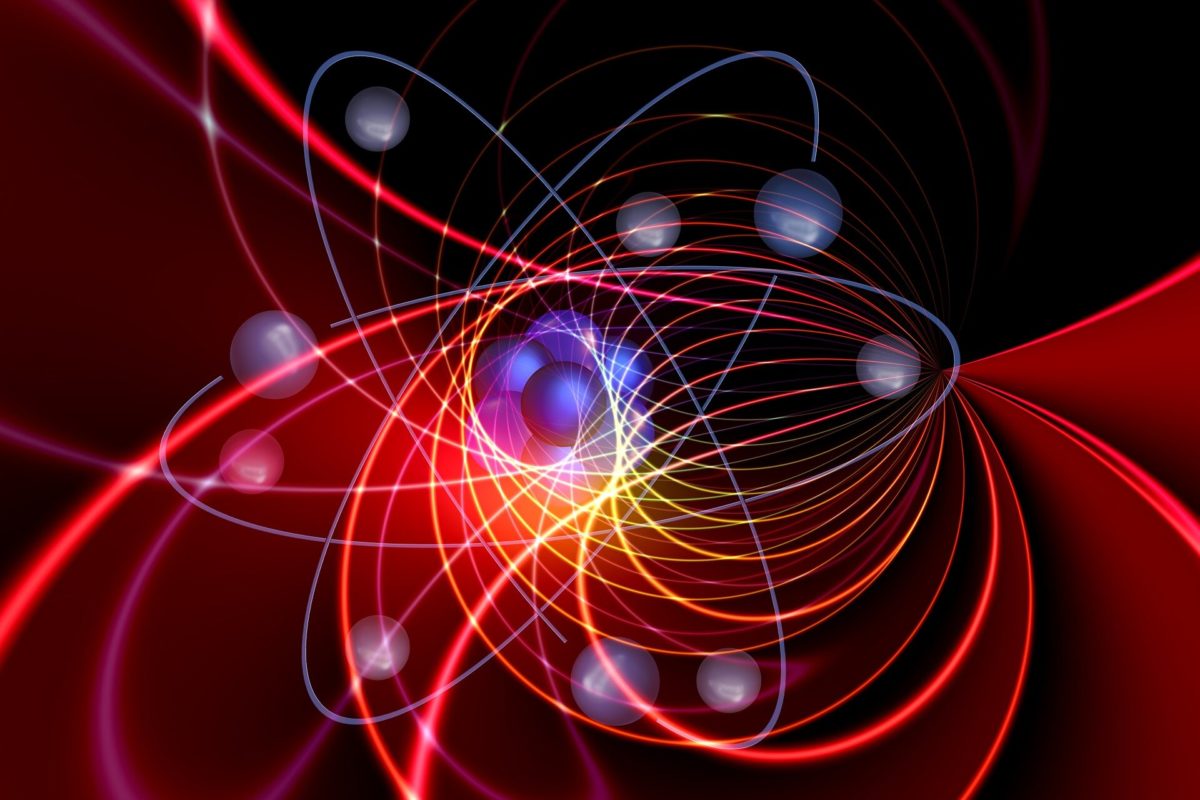During early 1900, when Dirac solved the negative energy problem of relativistic version of quantum mechanics, he introduced the concept of quantum vacuum, which is also known as physical vacuum. In his formalism, the physical vacuum was proposed to be an infinite sea of negative energy states. These states are occupied by a particle and its corresponding anti-particle. In his original version, they are electron and positron pairs. The quantum vacuum is therefore not the vacuum of nothingness.
If I ask what are (3,4,5) or (5,12,13) or (15,8,17), most of us will answer that they are Pythagorean triplets. But you will be surprised to know that Pythagorean theorem was discovered during 570 – 500 BCE whereas some books on Vedic mathematics written during the period of 600 – 500 BCE has mentioned this […]
It is actually just in recent years when a good number of scientists and innovators began to devote their work to artificial intelligence and data science. These approaches are unique and have ample scope for future research. AI has become a popular topic in the media and in scientific magazines, due to several achievements, many […]





